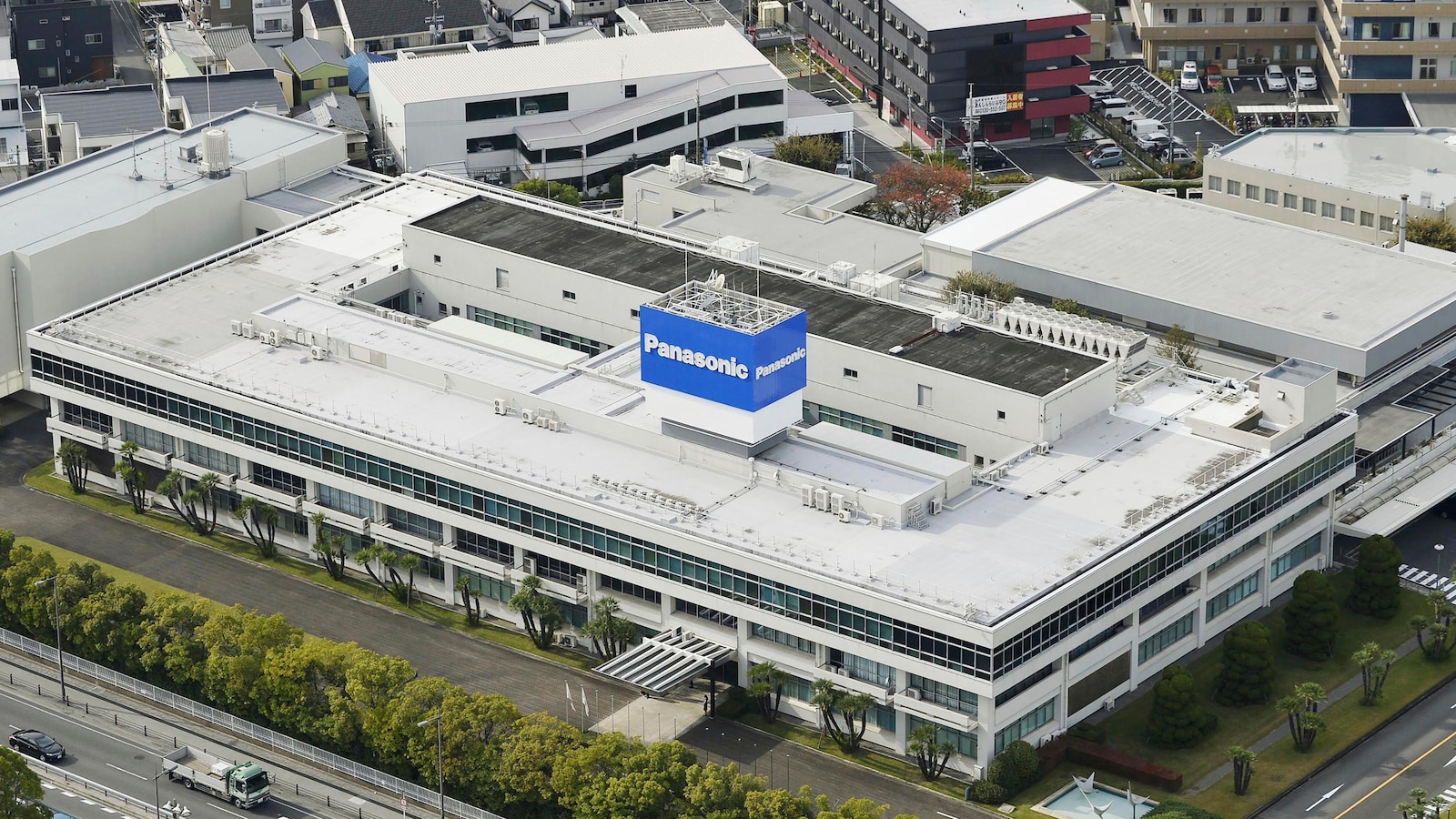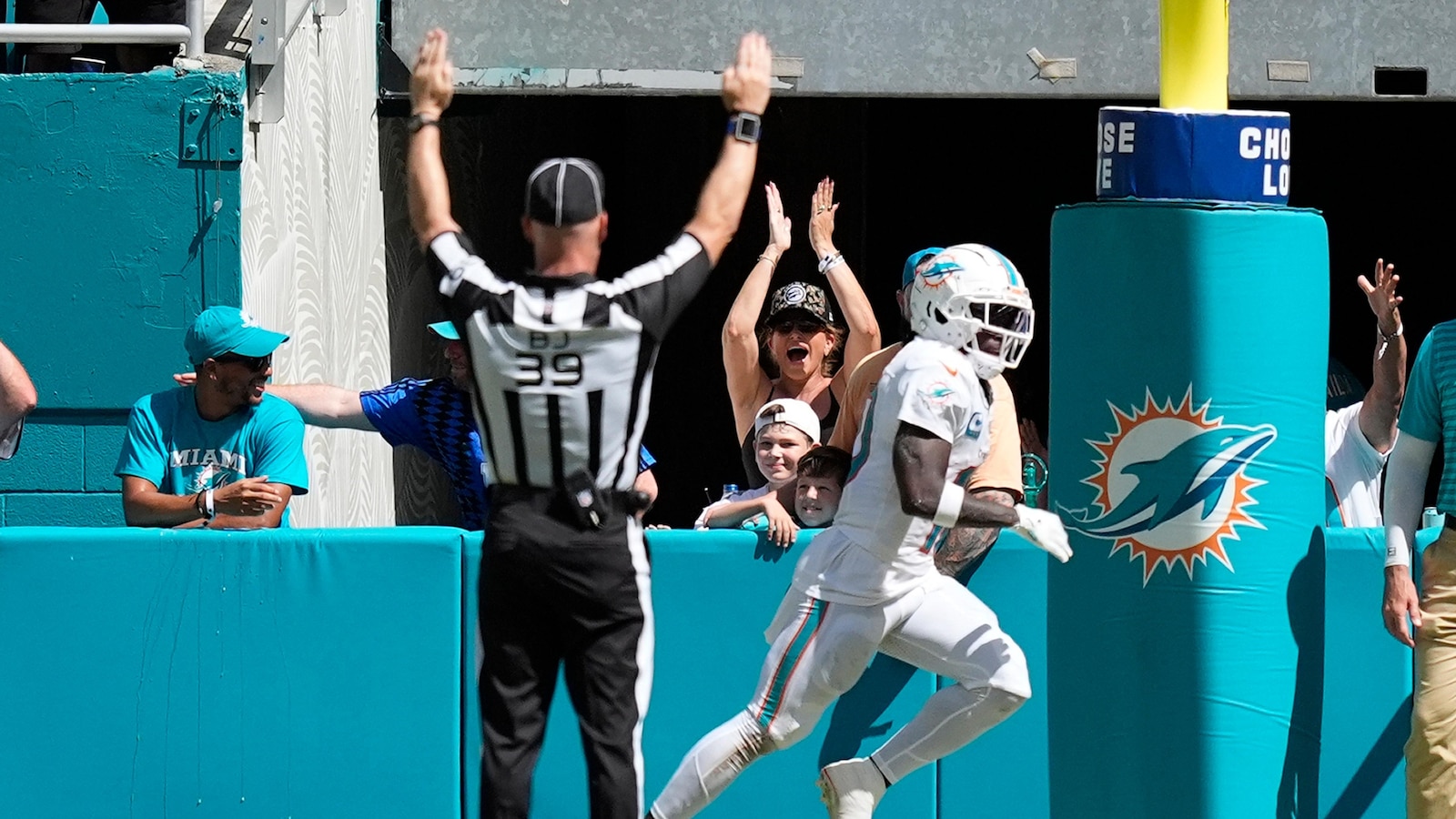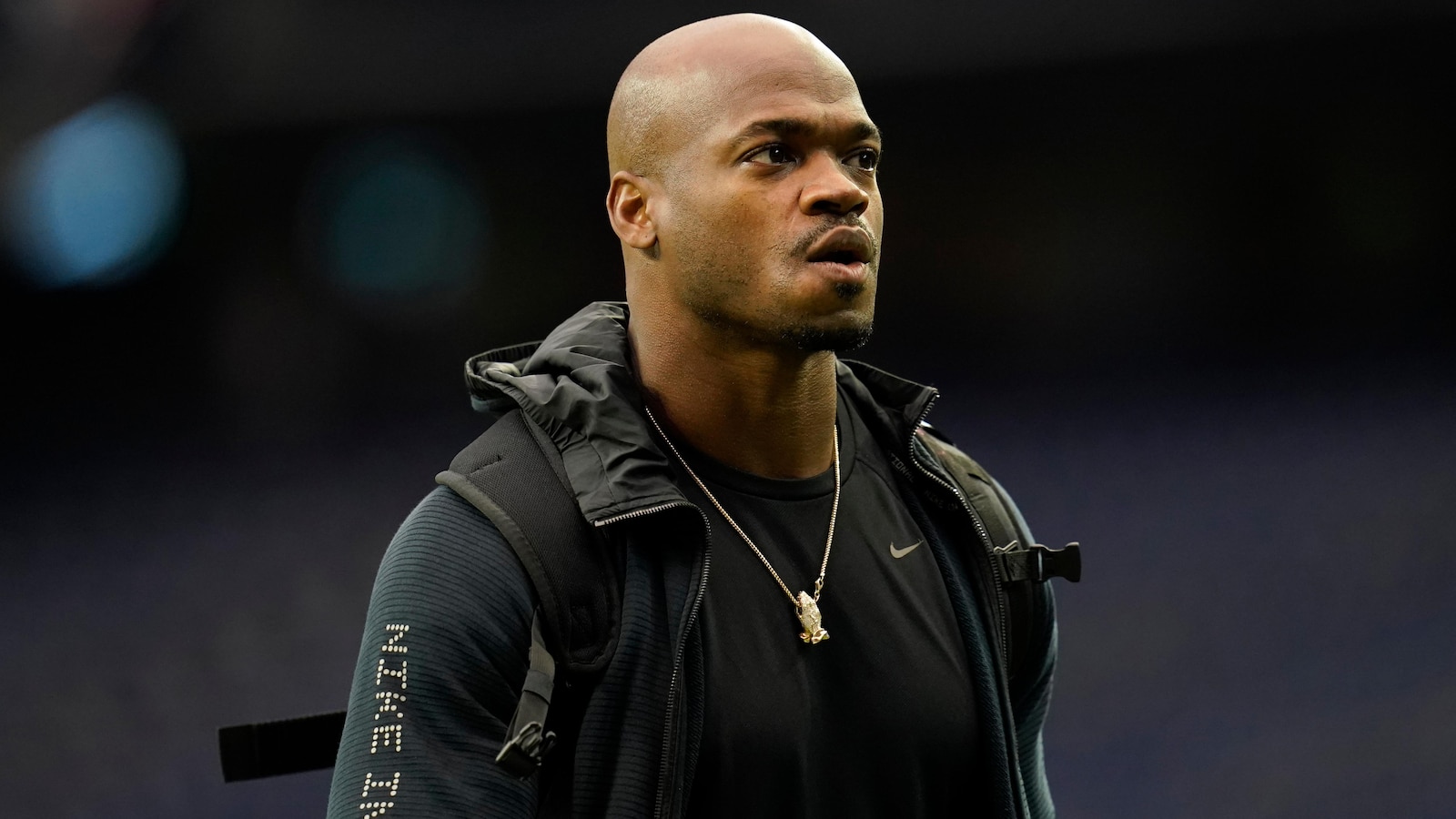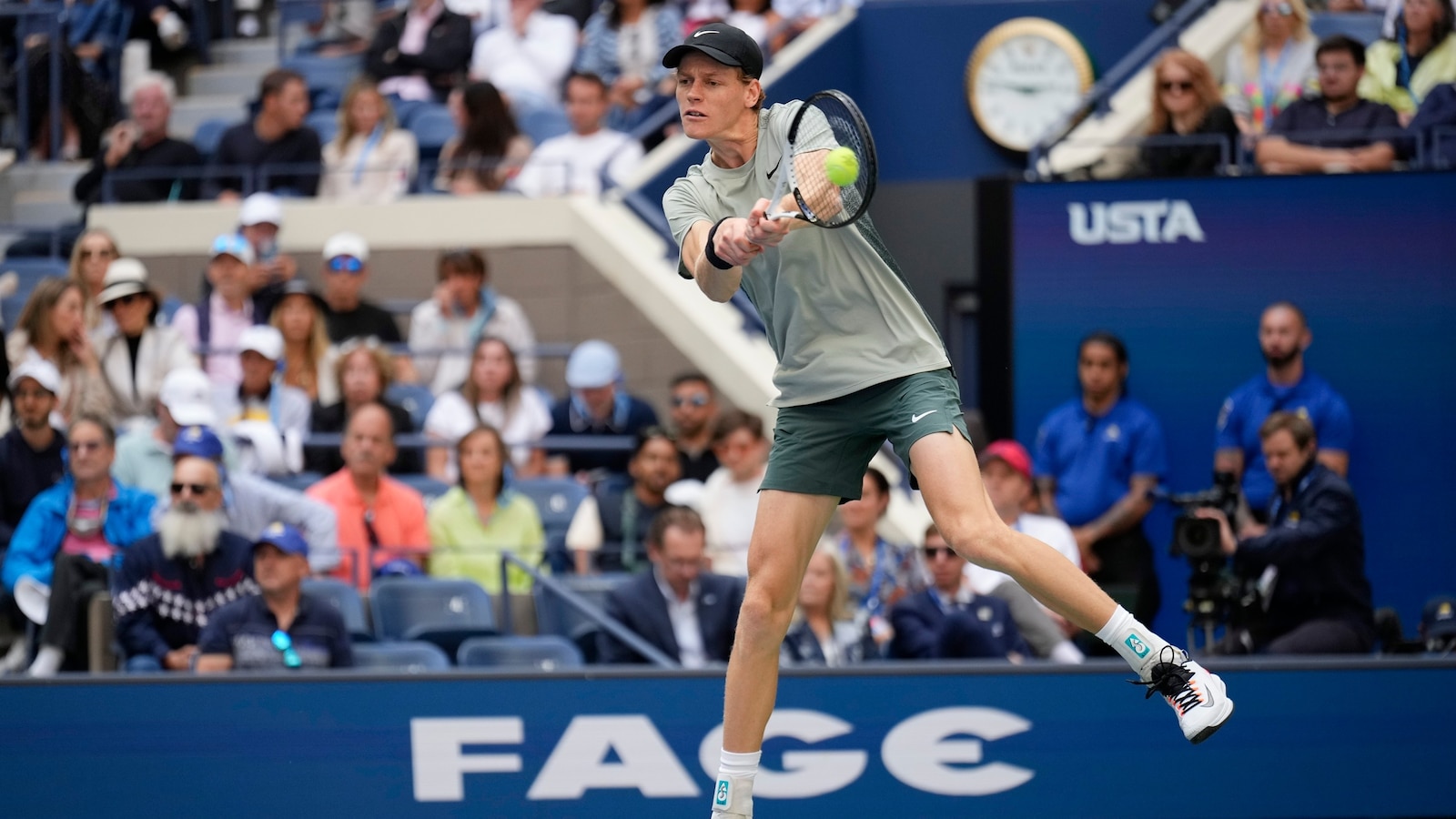
TOKYO — Olympic sponsor Panasonic is terminating its contract with the IOC at the end of the year, the company said in a statement Tuesday.
Panasonic is one of 15 companies that are so-called TOP sponsors for the International Olympic Committee. It’s not known the value of the Panasonic sponsorship, but sponsors contribute more than $2 billion in a four-year cycle to the IOC.
In a statement, Panasonic said it became an IOC sponsor in 1987 and expanded to the Paralympics in 2014. It did not make clear why it was changing course and said only that is was related to continual “reviews how sponsorship should evolve.”
Two other Japanese companies are also among the IOC’s 15 leading sponsors. Toyota, which for several months has been reportedly ready to end its contract, was contacted Tuesday by The Associated Press but offered no new information.
“Toyota has been supporting the Olympic and Paralympic movements since 2015 and continues to do so,” Toyota said in a statement. “No announcement to suggest otherwise has been made by Toyota.”
Japanese sponsors seem to have turned away from the Olympics, likely related to the one-year delay in holding the 2020 Tokyo Olympics. The COVID-19 delay reduced sponsors’ visibility with no fans allowed to attend competition venues, ran up the costs, and unearthed myriad corruption scandals around the Games.
Tiremaker Bridgestone told AP “nothing has been decided.”
Toyota had a contact valued at $835 million — reported to be the IOC’s largest when it was announced in 2015. It included four Olympics beginning with the Pyeongchang 2018 Winter Games in South Korea and ran through the just-completed Paris Olympics and Paralympics.
Reports in Japan suggest Toyota may keep its Paralympic Olympic sponsorship.
The IOC TOP sponsors are: ABInBev, Airbnb, Alibaba, Allianz, Atos, Bridgestone, Coca-Cola, Deloitte, Intel, Omega, Panasonic, P&G, Samsung, Toyoto, and Visa.
In a report several months ago by the Japanese news agency Kyodo, unnamed sources said Toyota was unhappy with how the IOC uses sponsorship money. It said the money was “not used effectively to support athletes and promote sports.”
Japan was once a major font to revenue, but increasingly the IOC has sought out sponsors from China, with increasing interest from the Middle East and India.
Japan officially spent $13 billion on the Tokyo Olympics, at least half of which was public money. A government audit suggested the real cost was twice that. The IOC contribution was about $1.8 billion.
The Tokyo Games were mired in corruption scandals linked to local sponsorships and the awarding of contracts. Dentsu Inc, the huge Japanese marketing and public relations company, was the marketing arm of the Tokyo Olympics and raised a record-$3.3 billion in local sponsorship money. This is separate from TOP sponsors.
French prosecutors also looked into alleged vote-buying in the IOC’s decision in 2013 to pick Tokyo as the host for the 2020 Summer Games.
The IOC had income of $7.6 billion in the last four-year cycle ending with the Tokyo Games. Figures have not been released yet for the cycle ending with the Paris Olympics.
The IOC’s TOP sponsors paid over $2 billion in that period. The figure is expected to reach $3 billion in the next cycle.
___
AP Olympics: https://apnews.com/hub/2024-paris-olympic-games
Panasonic, a leading electronics company and long-time sponsor of the Olympic Games, has announced that it will be terminating its contract with the International Olympic Committee (IOC). This decision comes as a surprise to many, as Panasonic has been a key partner of the Olympics for over 30 years.
The news of Panasonic’s withdrawal from its sponsorship deal with the IOC has raised questions about the future of the company’s involvement in the Olympic movement. The decision to end the partnership was reportedly made as part of Panasonic’s efforts to streamline its business operations and focus on core areas of growth.
In a statement released by Panasonic, the company expressed its gratitude for the opportunity to be a part of the Olympic Games and highlighted the many successful collaborations it has had with the IOC over the years. However, the company also acknowledged that the current economic climate and changing market conditions have led to the decision to end the partnership.
Panasonic’s decision to terminate its contract with the IOC is a significant development in the world of sports sponsorship. The company has been a major supporter of the Olympic Games, providing cutting-edge technology and equipment to enhance the viewing experience for fans around the world.
The news of Panasonic’s withdrawal from its sponsorship deal with the IOC has sparked speculation about which company will step in to fill the void left by Panasonic. The Olympic Games are a major global event that attracts millions of viewers and sponsors, so it is likely that another company will seize the opportunity to partner with the IOC in the future.
Overall, Panasonic’s decision to end its partnership with the IOC is a reminder of the ever-changing nature of sports sponsorship and corporate partnerships. As companies continue to evolve and adapt to new market conditions, it is important for organizations like the IOC to be flexible and open to new opportunities for collaboration.


